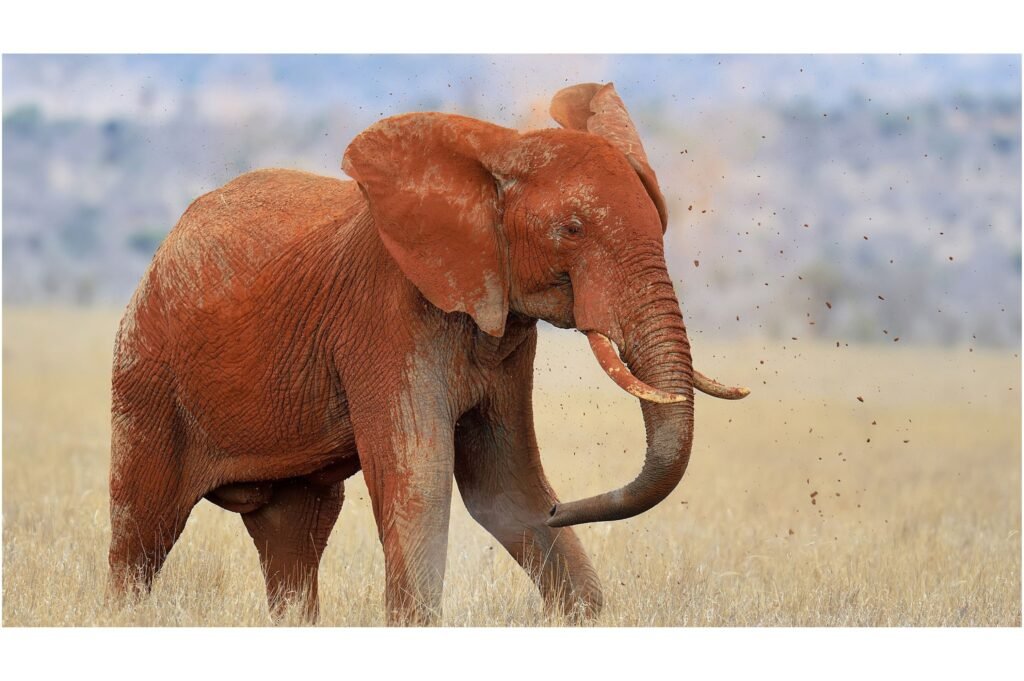Imagine a world where one of nature’s most steadfast allies goes unnoticed, their stories whispered only among the wind and fields. Every year, on May 8th, World Donkey Day seeks to shine a light on these humble, long-eared companions who have quietly shaped agriculture and communities for centuries. While donkeys may not boast the glamour of horses or the sheer size of oxen, their gentle persistence and adaptability have made them irreplaceable partners in the quest for sustainable farming. As we celebrate their contributions, it’s time to ask: have we been overlooking one of the most essential keys to an eco-friendly future?
The Unsung Heroes of Agriculture
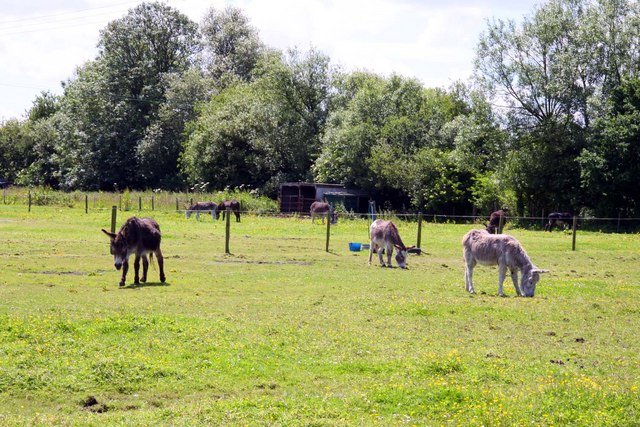
Donkeys have served humanity for over 6,000 years, yet their contributions are often overshadowed by more celebrated farm animals. Unlike tractors that guzzle fuel and require constant maintenance, donkeys offer natural, renewable energy. Their ability to carry loads, plow fields, and transport goods makes them invaluable in areas where modern machinery can’t reach or affordably operate. By working side by side with farmers in every corner of the world, donkeys help keep small-scale agriculture alive and thriving. It’s easy to forget that, in many rural communities, the daily bread truly depends on the strength and resilience of these remarkable animals. Their presence ensures that traditional farming methods, which are often more sustainable, continue to exist.
Adaptability in Harsh Environments
One of the most fascinating qualities of donkeys is their extraordinary adaptability. Unlike many livestock species, donkeys thrive in hot, arid climates where food and water are scarce. Their unique digestive systems allow them to extract nutrients from rough, dry forage that other animals simply can’t digest. This remarkable trait means donkeys can survive—and even flourish—on land that would be otherwise unusable for farming. In regions facing the harsh realities of climate change and desertification, donkeys offer a sustainable solution to maintain productivity and food security. Their resilience serves as a silent promise that hope can bloom even under the most challenging conditions.
Eco-Friendly Alternatives to Machinery
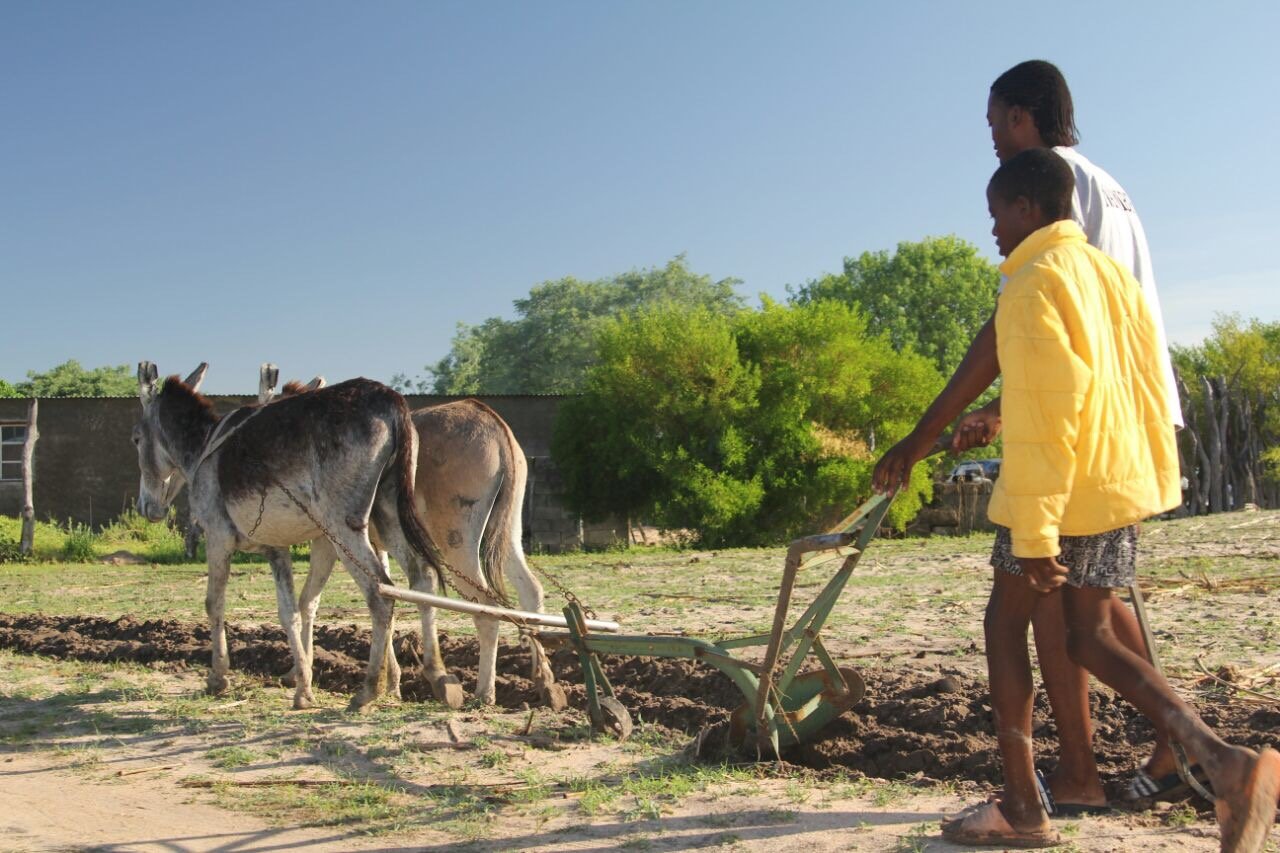
As the world races toward greener solutions, donkeys quietly stand as a living alternative to fossil-fueled machines. Unlike tractors, donkeys do not emit greenhouse gases or require imported fuel. Their simple diet and minimal healthcare needs further lessen their environmental footprint. In many developing countries, using donkeys instead of machines has helped lower costs and reduce pollution. By relying on these animals, farmers can cultivate land, transport harvests, and manage daily tasks without leaving a trail of carbon emissions behind. This makes donkeys not only a practical choice but also a powerful symbol of sustainability in action.
Soil Health and Low Impact Grazing
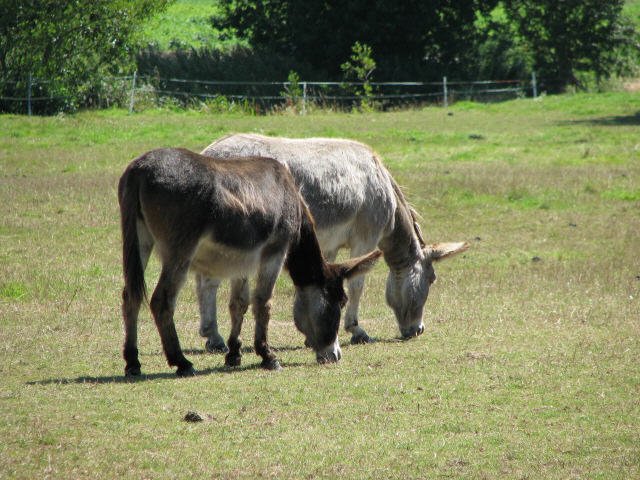
Donkeys are gentle on the earth, both literally and figuratively. Their small, padded hooves create far less soil compaction than heavy machinery or even cattle. This means that fields worked by donkeys maintain better soil structure, leading to improved water absorption and healthier crops. Donkeys also help with weed control by grazing on tough plants that other animals avoid, all while leaving the ecosystem’s delicate balance intact. Their manure further enriches the soil, acting as a natural fertilizer that promotes long-term fertility. This harmonious relationship with the land helps preserve the health of farming systems for generations to come.
Donkeys and Women’s Empowerment
In many regions, donkeys are more than just farm animals—they are lifelines, particularly for women. In some rural communities, women and girls are responsible for fetching water, collecting firewood, and transporting goods to market. Donkeys share this burden, allowing women to save time and energy that can be used for education, economic activities, or caring for their families. The presence of a donkey in a household can make the difference between poverty and opportunity, fostering independence and resilience. Their quiet strength uplifts not just the soil, but also the spirits and futures of those who depend on them.
Conservation Status and Modern Challenges
Despite their value, donkeys face threats from all directions. In some countries, their populations are dwindling due to overwork, poor veterinary care, and even illegal trade for their skins. Modernization and the spread of machinery have also made donkeys seem obsolete in the eyes of many, leading to neglect and declining numbers. World Donkey Day is a reminder that these animals need our attention and protection. By supporting donkey welfare and sustainable farming practices, we can ensure their continued place in our shared history. Ignoring their plight could mean losing a vital piece of the agricultural puzzle.
Scientific Insights: Donkey Intelligence and Wellbeing
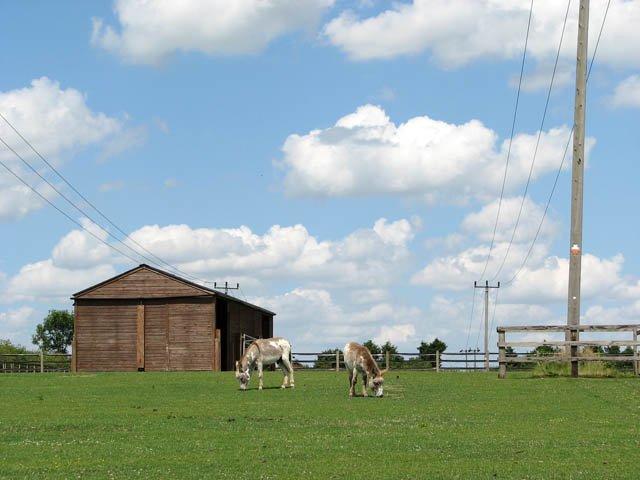
Recent studies have uncovered surprising insights into the intelligence and emotional depth of donkeys. Far from being stubborn, donkeys exhibit remarkable problem-solving skills and social awareness. They form strong bonds with both humans and other animals, showing affection and loyalty that rivals that of dogs. Scientific research has also shown that donkeys experience stress and pain just like any other sentient creature, underscoring the importance of humane treatment. Understanding and respecting their mental and emotional needs is crucial for their welfare and productivity. This growing body of knowledge only deepens our appreciation for their role in sustainable farming.
Donkey-Powered Innovations in Modern Farming
Some forward-thinking farmers and organizations are harnessing the power of donkeys in innovative ways. From using donkeys to power small-scale irrigation systems to deploying them as eco-friendly weed controllers in vineyards, the possibilities are expanding. Donkey-assisted therapy programs also help people with disabilities, blending agriculture and healthcare in creative ways. These new approaches breathe fresh life into traditional knowledge, proving that donkeys are not relics of the past but partners in building a sustainable future. Their versatility and gentle nature make them ideal candidates for a wide range of farming and community projects.
Education, Awareness, and Changing Perceptions
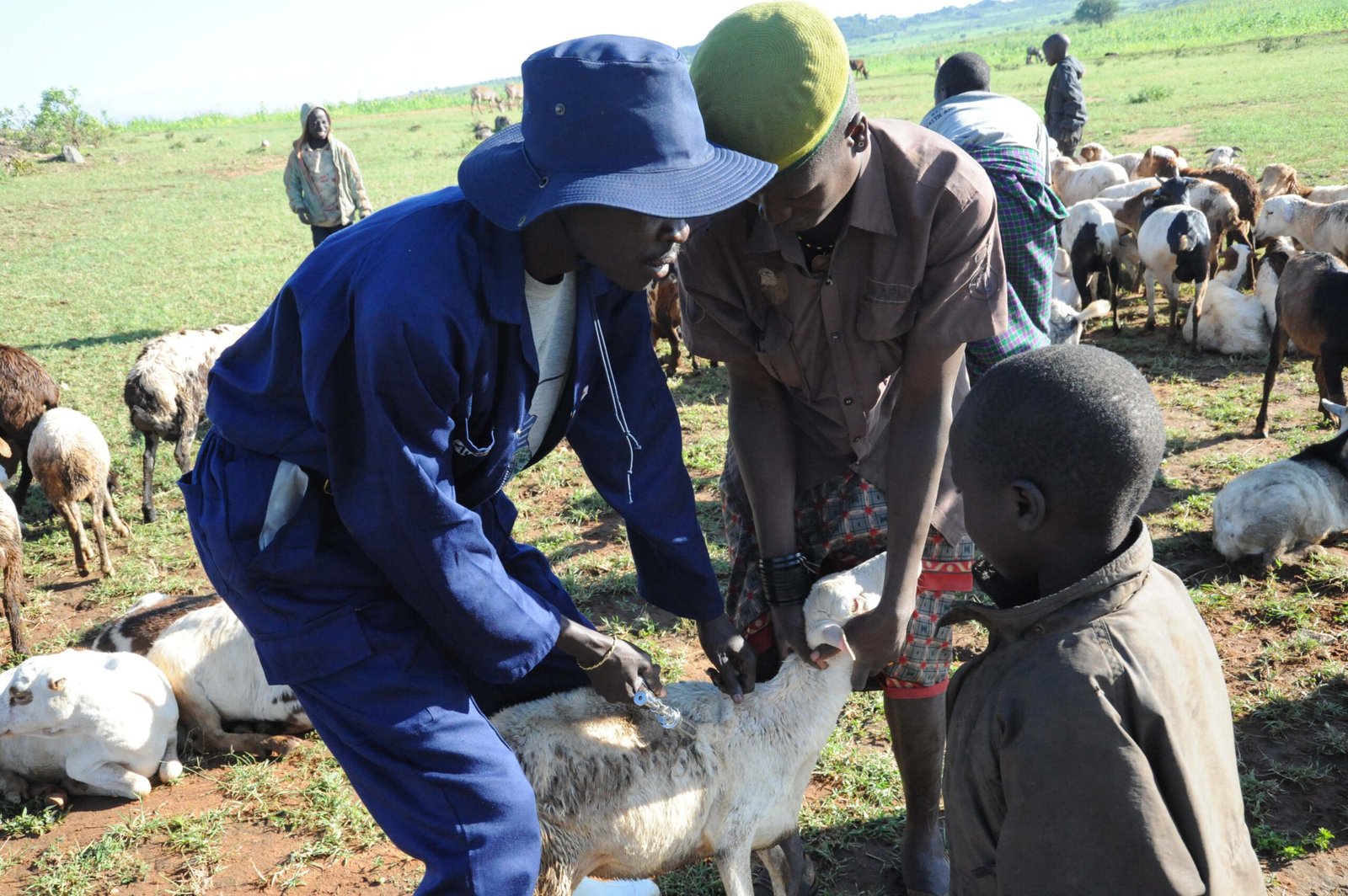
Changing how society views donkeys is essential for their continued welfare and integration into sustainable farming. Educational programs in schools and communities can teach the value of donkeys beyond their utility, highlighting their intelligence, emotional capacity, and ecological benefits. Celebrations like World Donkey Day serve as crucial platforms to share stories, honor their contributions, and inspire new generations to care for these animals. When people see donkeys as allies rather than burdens, the ripple effects touch every aspect of rural life. Shifting perceptions can foster compassion, innovation, and renewed commitment to sustainability.
A Global Call to Action for Donkey Welfare
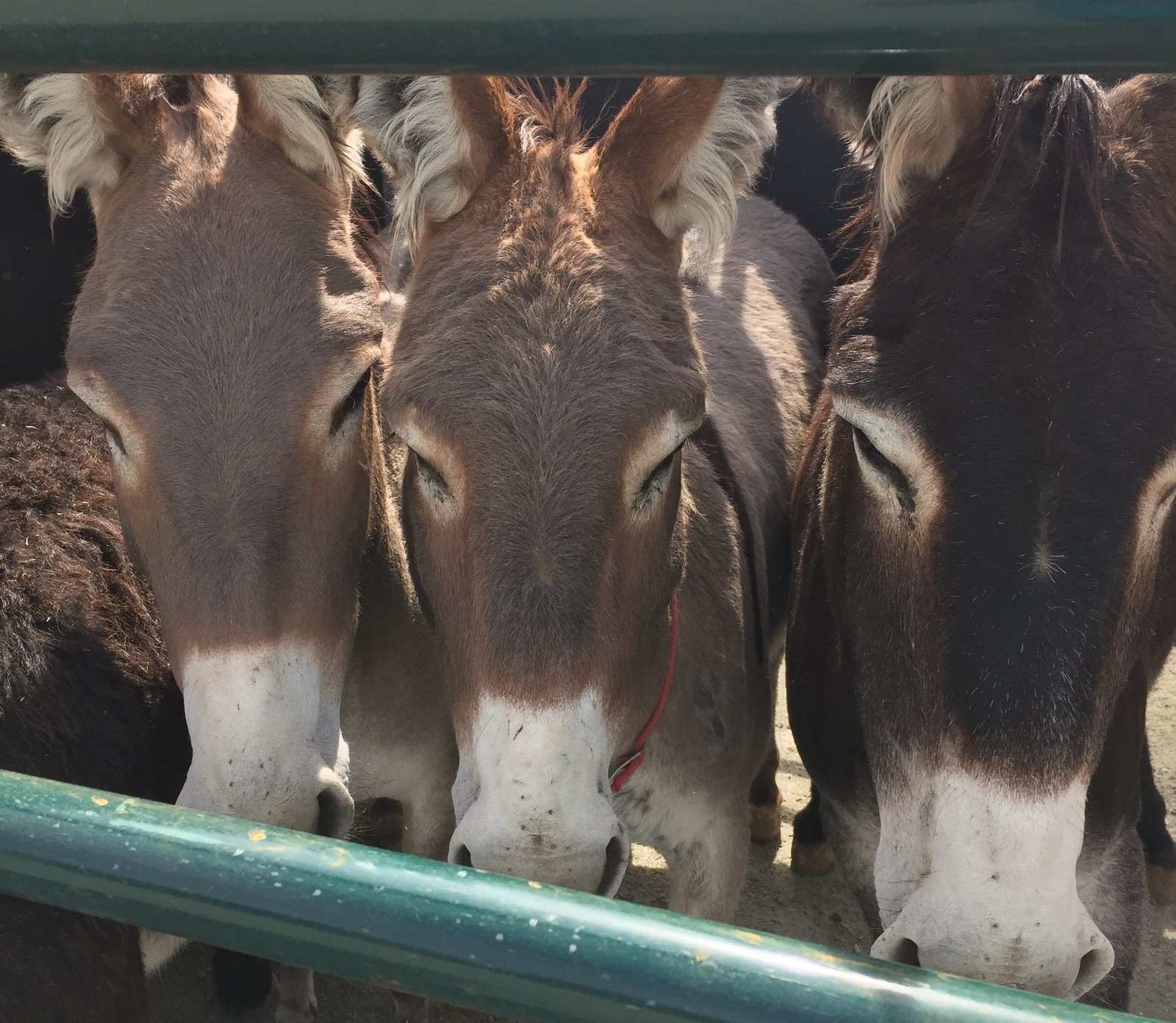
Ensuring the future of donkeys requires collective action on a global scale. Governments, NGOs, and individuals can all play a part by supporting ethical breeding, providing veterinary care, and enforcing laws against exploitation. Investing in donkey welfare programs not only benefits the animals but also uplifts entire communities. When donkeys thrive, so do the people and environments that depend on them. By taking action today, we can honor their legacy and secure their vital role in the sustainable farms of tomorrow.
Donkeys, with their unwavering strength and quiet dignity, remind us that sometimes the most powerful solutions are the ones hiding in plain sight. Their journey through history is a testament to resilience, adaptability, and the profound impact of working in harmony with nature. As we celebrate World Donkey Day, let’s ask ourselves: what other forgotten allies might we rediscover on the path to a greener future?


